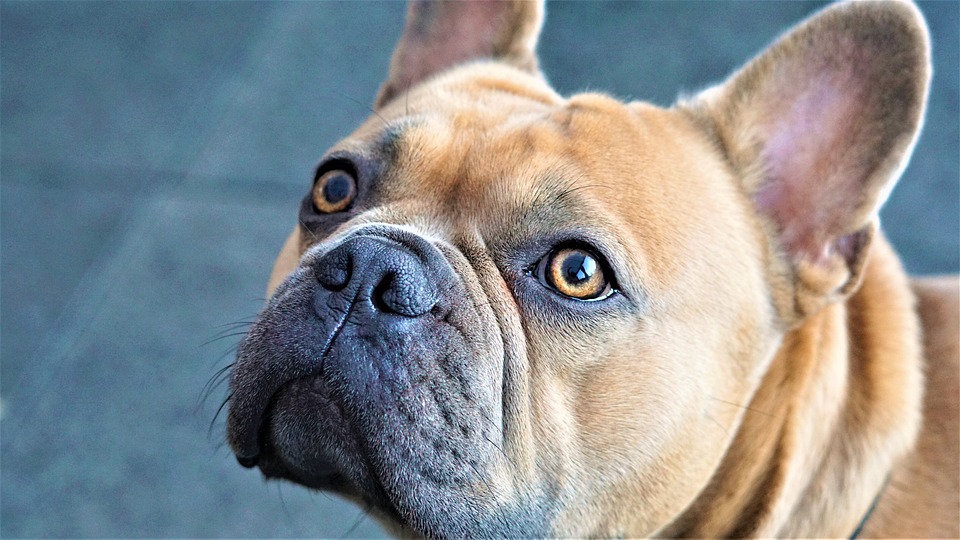Preventing and Managing Separation Anxiety in Dogs: A Comprehensive Guide
Introduction:
Separation anxiety is a common behavioral issue in dogs that can cause distress for both the dog and their owner. It is important to understand separation anxiety and take steps to prevent and manage it early on. This comprehensive guide will provide you with the knowledge and tools to effectively prevent and manage separation anxiety in your furry friend.
1. Recognizing the Signs of Separation Anxiety:
It is crucial to be able to recognize the signs of separation anxiety in dogs. Behavioral indicators may include excessive barking, howling, destructive behavior, house soiling, and pacing. Physical symptoms to watch for include excessive drooling, panting, and trembling. Differentiating separation anxiety from other issues, such as boredom or lack of training, is essential in developing an appropriate management plan.
2. Creating a Safe and Secure Environment:
Establishing a routine for your dog can help create a sense of security. Dogs thrive on predictability, so having a consistent schedule can help reduce anxiety. Providing a den-like space, such as a crate or a designated area, can give your dog a safe haven when you are away. Utilizing crate training effectively can help your dog associate their crate with positive experiences and comfort.
3. Gradual Desensitization and Counterconditioning:
Desensitization and counterconditioning are techniques used to gradually expose your dog to being alone and change their emotional response to it. A step-by-step guide for desensitizing your dog to being alone can involve starting with short periods of separation and gradually increasing the duration over time. Positive reinforcement techniques, such as rewarding calm behavior when alone, can help reinforce positive associations with being alone.
4. Providing Mental and Physical Stimulation:
Exercise is crucial for preventing separation anxiety in dogs. Regular physical exercise can help tire out your dog and reduce their anxiety levels. Additionally, engaging your dog’s mind with enrichment activities, such as puzzle toys or training sessions, can keep them mentally stimulated and prevent boredom-related anxiety.
5. Seeking Professional Help:
In severe cases of separation anxiety, it may be necessary to seek professional help. Consulting a veterinarian or animal behaviorist can provide you with expert guidance and support. They can help develop a customized management plan for your dog and may suggest medication options to alleviate severe anxiety symptoms.
FAQs:
Q1. What are some common triggers for separation anxiety in dogs?
Common triggers for separation anxiety can include changes in routine, moving to a new home, the loss of a family member or companion animal, or traumatic experiences.
Q2. Can separation anxiety be prevented in puppies?
Yes, separation anxiety can be prevented in puppies by gradually exposing them to being alone, teaching them independence, and providing positive reinforcement for calm behavior when alone.
Q3. How long does it take to desensitize a dog to being alone?
The time it takes to desensitize a dog to being alone can vary depending on the severity of their anxiety. It is a gradual process that can take several weeks to months.
Q4. Can medication alone cure separation anxiety?
Medication alone cannot cure separation anxiety, but it can be a helpful tool in managing severe anxiety symptoms. Medication is often used in conjunction with behavior modification techniques.
Q5. Are there any natural remedies or supplements that can help with separation anxiety?
There are some natural remedies and supplements, such as calming pheromone diffusers or herbal supplements, that may help reduce anxiety in dogs. However, it is important to consult with a veterinarian before using any natural remedies or supplements to ensure they are safe and appropriate for your dog.
By following this comprehensive guide, you can take proactive steps to prevent and manage separation anxiety in your beloved canine companion. Remember, patience, consistency, and positive reinforcement are key in helping your dog overcome separation anxiety and live a happy, stress-free life.









